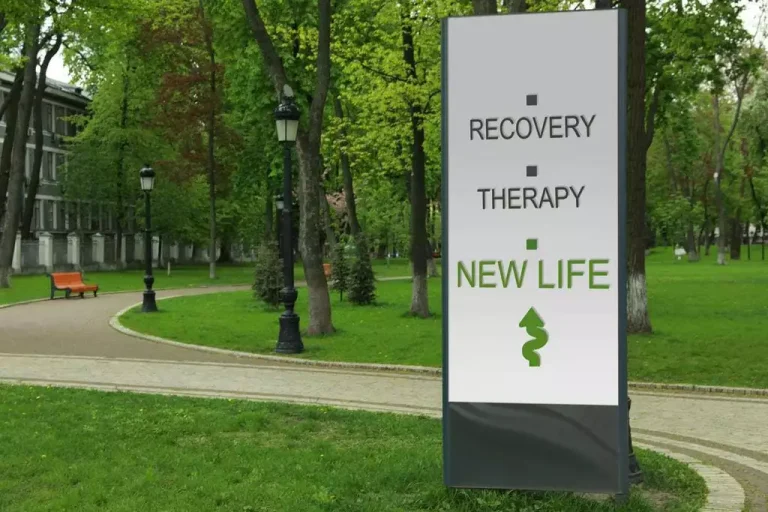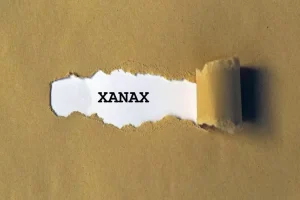
We’re here 24/7 to help guide you or your loved on through rehab and recovery. Treatment providers are available 24/7 to answer your questions about rehab, whether it’s for you or a loved one. Submit your number https://ecosoberhouse.com/ and receive a free call today from a treatment provider.
Table 1. Baseline characteristic of study subjects.
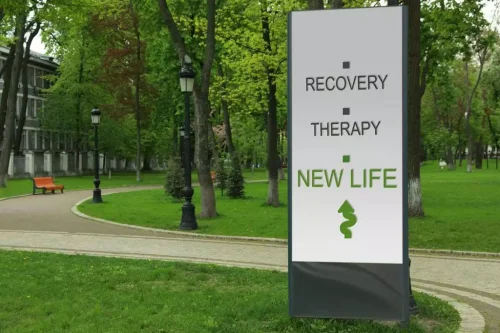
Any subjects diagnosed with hypertension, diabetes, ischemic heart disease, stroke, or chronic musculoskeletal diseases and undergoing treatment at the hospital does alcohol cause insomnia for any of these conditions were defined as having chronic disease, for the purposes of this study. Subjects who reported that they exercised 3 times or more per week were defined as regular exercisers. Treating a co-occurring disorder without treating someone’s alcohol dependency, and vice versa, can mean setting up a possible relapse before treatment has truly begun. Rarely is it the cravings of alcohol that drive those in recovery to relapse. It is, rather, the symptoms of withdrawal taking a physical and mental toll on the person quitting that pushes them back.
- Insomnia results from a mismatch involving persistent activity in wake-promoting structures during NREM sleep, leading to simultaneous sleep and wake activity along with psychophysiological arousal (Buysse et al., 2011).
- It is recommended that alcohol not be consumed in the last four hours before bedtime.
- Adding alcohol, especially large quantities of it, to the mix to help you sleep, only compounds these effects and heightens these risks – maybe not at first, but eventually.
- In the long-term, however, it can be detrimental to one’s mood, energy level, physical and mental health, work performance, and quality of life.
- It’s best to cut off drinking alcohol at least four hours before bedtime.
How Much Alcohol Does it Take To Distrupt Sleep?
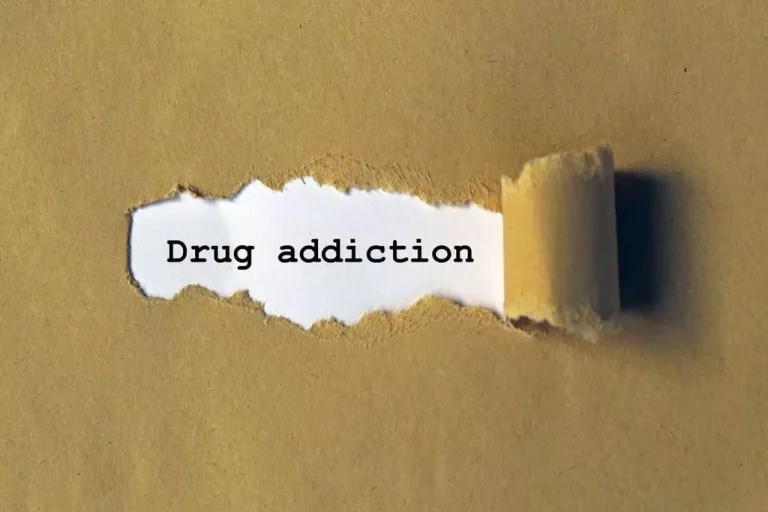
In one study, REM sleep architecture demonstrated a reversal during early recovery, with the first REM sleep episode of the night being the longest, despite a lack of depressive disorder in these subjects. The REM sleep architecture normalized over time with continued recovery (Imatoh et al., 1986). This phenomenon may suggest a normalization of the acrophase of REM sleep with sobriety and may also account for increased REM % during early recovery. In a frequently cited study, decreased REM sleep latency and increased REM % was seen at 27 months into recovery (Drummond et al., 1998). These findings contrast with lack of REM sleep abnormalities reported in 2 other studies, as compared to healthy control subjects (Williams and Rundell, 1981, Schiavi et al., 1995). Discrepancies in REM sleep may reflect sample differences, duration of sobriety (where the REM sleep may have normalized over time) (Williams and Rundell, 1981), or an interaction between REM sleep architecture and a circadian disruption (Imatoh et al., 1986).
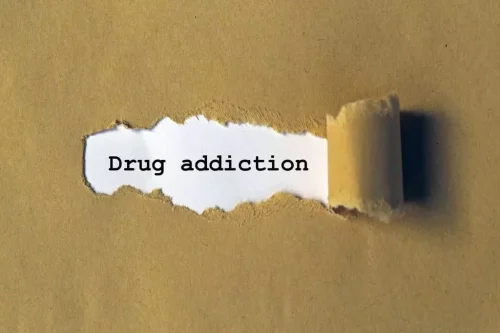
2 Neurochemistry of alcoholism effects
The Recovery Village Atlanta offers comprehensive addiction treatment for drug and alcohol addictions and co-occurring mental health conditions. OSA wakes you up multiple times during the night so that you can begin breathing again, but it does not generally wake you but enough so that you are aware that you woke up. The net effect is that you slightly wake up multiple times during the night without realizing it, causing you to feel unrested after sleeping without fully knowing why. Relaxation of muscles in your tongue and the back of your throat can make your tongue fall back into your airway while sleeping, causing obstructive sleep apnea (OSA). As we navigate the complexities of alcohol drug addiction treatment and sleep, let this guide be a stepping stone towards better sleep hygiene and overall well-being. If you or someone you know is struggling with alcohol-related issues, don’t hesitate to get in contact with our professional team at Rehabs UK.
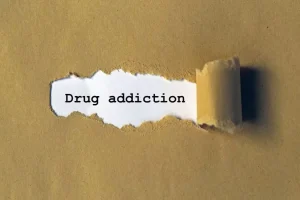
Piedmont Healthcare
- While alcoholdoes not lead to presynaptic GABA release in the thalamus or cortex the way it does insome other brain regions (Kelm, Criswell, and Breese2011), it does enhance the function of GABAA receptors.
- These datasupport the hypothesis that diminished gray matter volume in chronic alcoholismcontributes to an impaired ability to generate large amplitude slow waves, although notall the variance could be explained by loss of volume.
Though these suggestions may help you get through the night a bit more painlessly, they won’t reverse the impact alcohol has on sleep quality. The best way to protect sleep is to cut off your drinking earlier in the day or forgo drinking entirely. Therefore, we conducted this study to examine the effects of alcohol consumption on sleep quality and to provide recommendations for improving sleep quality. “The quality of sleep is almost always worse after consuming alcohol,” confirms Allder. “Alcohol suppresses rapid eye movement (REM) sleep during the first half of the night. As the body metabolises the alcohol, there’s a rebound effect, leading to lighter, more fragmented sleep in the second half.
